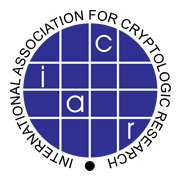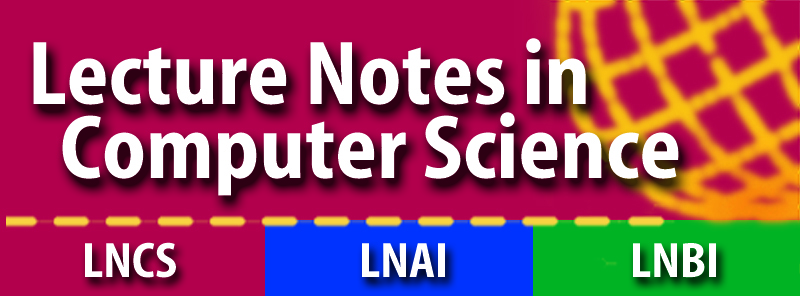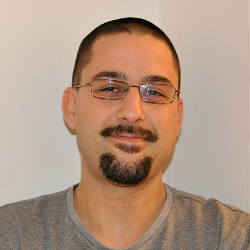Submission
We encourage researchers working on all aspects of AI and cryptography to take the opportunity and use AICrypt to share their work and participate in discussions. The authors are invited to submit an extended abstract using the EasyChair submission system.
Submitted abstracts for contributed talks will be reviewed by the workshop organizers for suitability and interest to the AICrypt audience. There are no formal proceedings published in this workshop, thus authors can submit extended abstracts related to works submitted or recently published in other venues, or work in progress that they plan to submit elsewhere.
The authors of accepted papers will be invited to submit an extended version of paper to appear (after a new round of reviewing) in a post-proceedings volume to be published by Springer.
Every accepted submission must have at least one author registered for the workshop. All submitted abstracts must follow the original LNCS format with a page limit of up to 2 pages (excluding references). The abstracts should be submitted electronically in PDF format.
Important dates (AoE)
EXTENDED submission deadline!
Abstract submission deadline: APR 15, 2024
previously APR 5, 2024
Notification to authors: APR 19, 2024
Workshop date: May 26, 2024







